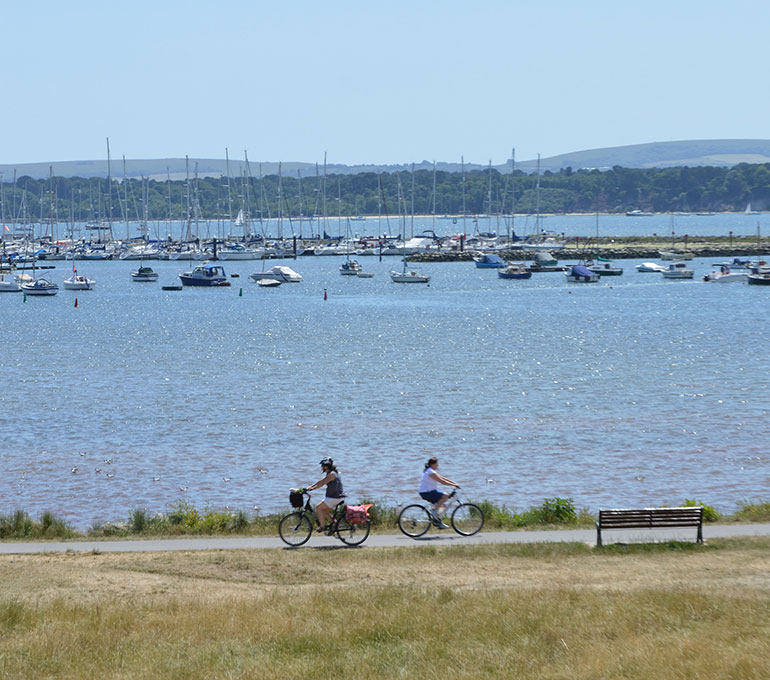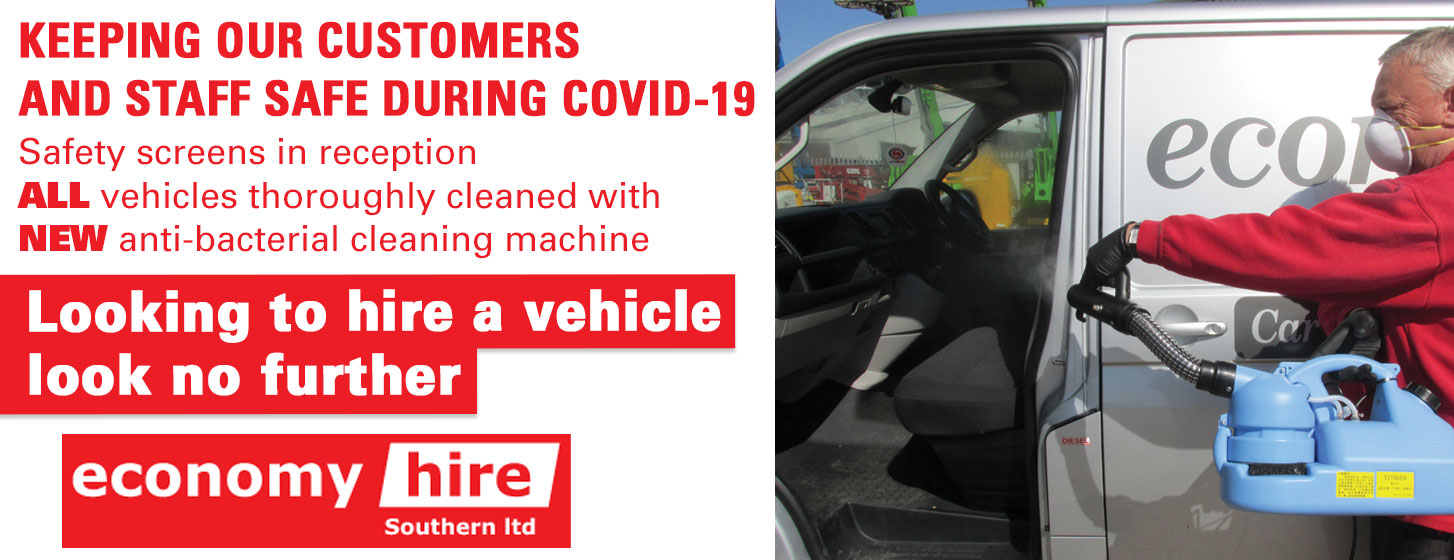Dorset, Eco & Environment, Nature & Wildlife, Poole | Posted on May 19th, 2020 | return to news
Project to protect Poole Harbour’s habitats
Designated a world heritage site in 1999, Poole Harbour is one of the world’s largest natural harbours and is treasured by everyone who visits the area.

So it’s good to hear that BCP Council is to work with other organisations on a pilot project to utilise AI (artificial intelligence) technology to monitor, protect and improve the water ecosystem in the harbour.
The project will be undertaken in association with Poole Harbour Commissioners, the Environment Agency, Digital Catapult’s Things Connected Bournemouth, Southern IFCA and Barclays Eagle Labs.
The harbour supports extensive wild and aquaculture shellfish beds, and water quality is vitally important for this key local industry.
The new project will see UnifAI Technology provide a network of water quality sensors to continuously monitor the harbour for real-time AI analysis. This innovative, low cost approach to environmental monitoring will enable the detection
of a much wider range of physical, chemical and biological indicators within the harbour.
This will help them to understand, manage and predict events such as bacterial build up, sewage, fertiliser run-off and industrial discharges, which can be harmful for aquatic ecosystems, creating a build-up of algae which can be detrimental to water quality.
The project is starting with a pilot in the Poole Park Lake, which is connected by a sluice channel to Poole Harbour. With more shelter around the lake making it easier to access the AI, the pilot will utilise existing water quality data from the lake to help to train the AI ahead of its use in Poole Harbour.
Councillor Felicity Rice, Cabinet Member for Environment and Climate Change, BCP Council commented, “It’s great to be working with partners through this pilot to help to protect our special harbour ecosystem.
“Unfortunately, there are many factors affecting the wildlife and plants in the harbour. For example, tyre dust from cars and lorries gets washed into the water, along with products used in the farming industry, and even the medications that we use ourselves (such as anti-depressants, contraceptive pills and diabetic medication) can end up in the water course system – so we are really keen to understand how we can best preserve this amazing natural feature which is right on our doorstep.”
Please share post:
Tags: #bcpcouncil, #pooleharbour, #poolenews
LATEST NEWS











